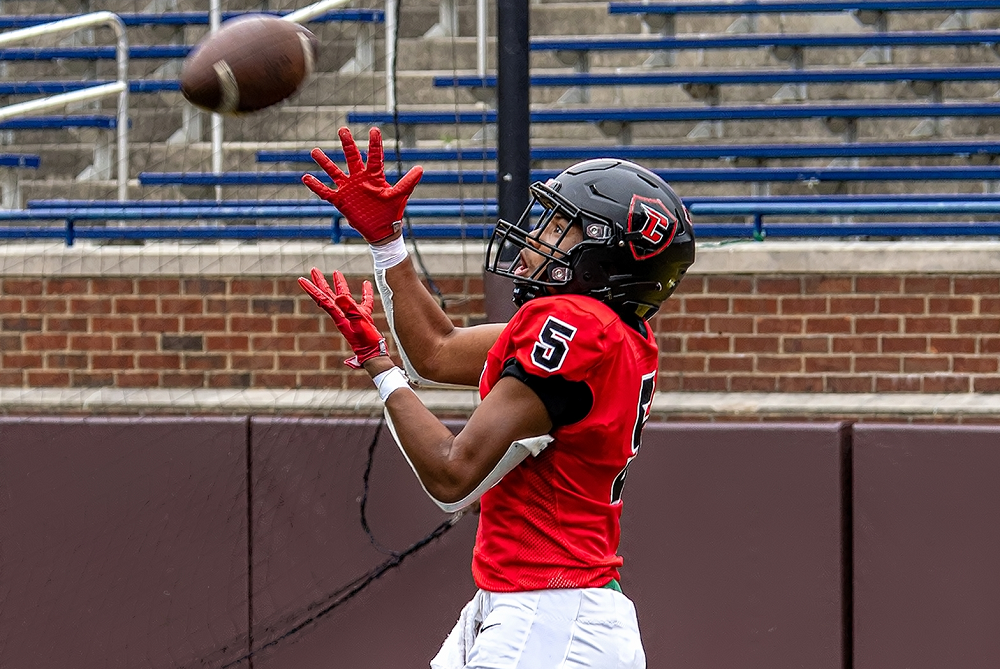
Be the Referee: Always 1st-and-Goal
October 3, 2018
This week, MHSAA assistant director Brent Rice explains how every series of high school football overtime in Michigan begins with 1st-and-Goal.
Be The Referee is a series of short messages designed to help educate people on the rules of different sports, to help them better understand the art of officiating, and to recruit officials.
Below is this week's segment – Always 1st-and-Goal - Listen
In Michigan, football overtime for each team starts with 1st-and-goal at the 10-yard line. Other states which allow overtime to begin anywhere from the 10 to the 25-yard line, and in some of those states, you could actually pick up a first down while on offense.
But Michigan is always 1st-and-goal. Even in those situations where a dead ball foul from the end of the first team’s possession in an overtime may start the second team’s series at the 25 – it is still 1st-and-goal.
The only way a team on offense can pick up a first down in overtime is on a penalty providing yardage plus an automatic first down, and those are only the roughing calls – roughing the passer, the kicker, the holder and the long snapper.
Past editions
September 27: Unique Kickoff Option - Listen
September 20: Uncatchable Pass - Listen
September 13: Soccer Rules Change - Listen
September 6: You Make the Call: Face Guarding - Listen
August 30: 40-Second Play Clock - Listen
August 23: Football Rules Changes - Listen

Be the Referee: Football Rules Differences
By
Sam Davis
MHSAA Director of Officials
August 23, 2023
Be The Referee is a series of short messages designed to help educate people on the rules of different sports, to help them better understand the art of officiating, and to recruit officials.
Below is this week's segment – Football Rules Differences - Listen
The first week of the high school football season is always exciting … and sometimes confusing. Here are some – not all – differences between the high school game and what you see on Saturdays and Sundays.
In high school, there is no such thing as an uncatchable ball when judging pass interference. It is a penalty if there is illegal contact, whether the ball is catchable or not.
In overtime, high school teams start with the ball at the 10-year line – not the 25 like in college. And in high school overtime, you are only able to get a first down via penalty. And, at no time is a high school team required to go for two points.
And on extra point plays, if the defense gains possession, the try is over. The defense cannot return the ball for two points.

